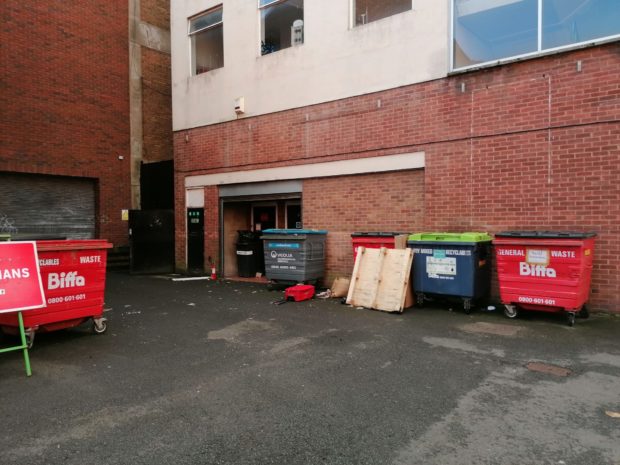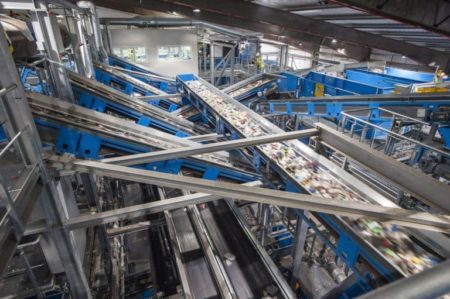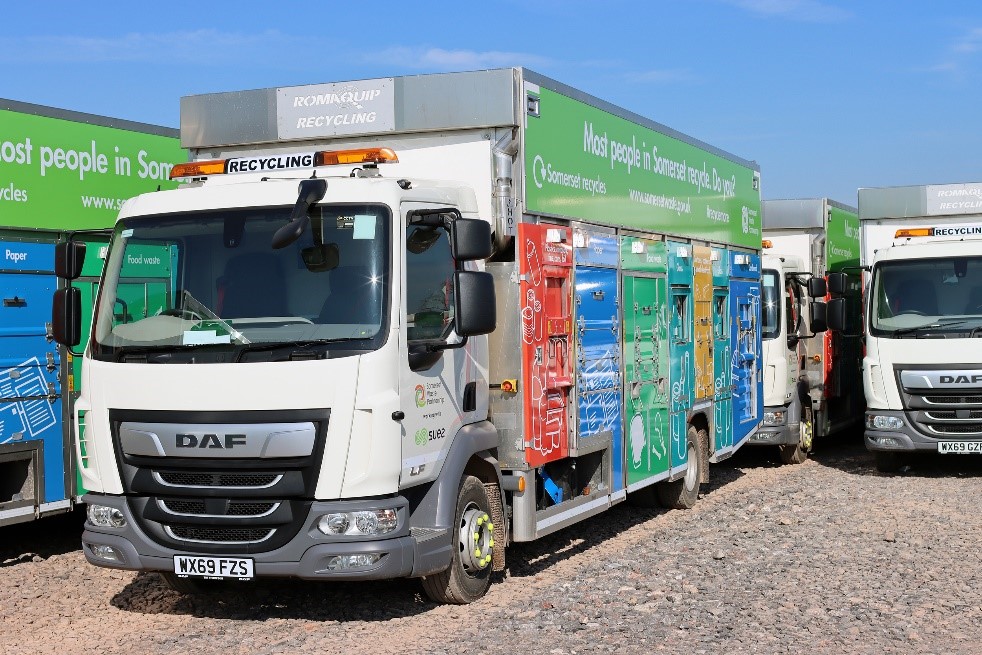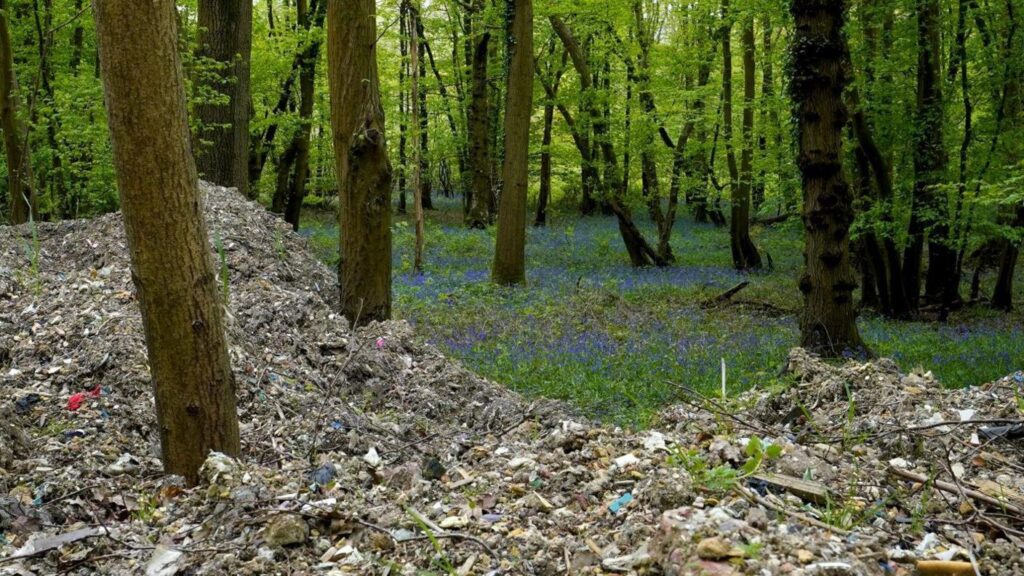And, the company has slammed the CMA’s approach to the ruling, saying “assumptions” made by the body “infected the entire ruling” and are “neither accurate or useful”.
In two separate documents published by the CMA this morning (16 June), Veolia set out its response to the body’s provisional decision last month to rule out the merger, and its next steps if the provisional ruling is confirmed.
If the ruling becomes final, Veolia has proposed a “significant divestment remedy” which will include all of Suez’s UK waste business; industrial water and wastewater business; and Veolia’s mobile water services business.
Veolia also said the CMA’s provisional findings “start from an assumption” that because Veolia and Suez are superficially similar in their range of activities, a merger between them must be anticompetitive.
According to Veolia, “this assumption is neither accurate nor useful”, with Veolia saying there is no market in which Veolia and Suez are uniquely placed.
Divestment
Last month’s ruling recommended that subject to further discussion, Veolia should either sell off Suez UK or even sell Veolia UK to ensure there is sufficient competition in the UK’s waste and recycling marketplace.
Veolia said the package it put forward to sell Suez’s UK waste business would be attractive to purchasers and comprehensively address the CMA’s competition concerns.
This will include a complete divestment of Suez’s waste management activities in the UK, and allow “the creation or strengthening of a significant competitor in the UK waste management sector”.
Veolia has identified potential buyers for Suez UK, which would have a revenue of £1 billion. These names have been given to the CMA but kept confidential. A range of potential buyers are being talked about within the waste sector, including Germany’s Remondis and Pre-Zero, large investment funds keen to enter the ‘sustainability’ sector, Beauparc, Enva and others, even including a ‘New Suez’ waste and water business created in France. A “company x” has also said it would like to buy Suez and describes itself as “a large and well-established waste management company” in a response to the CMA’s provisional findings.
‘Simple to implement’
The document said: “While Veolia disagrees with the CMA’s provisional findings, Veolia agrees that the divestment of all of Suez’s UK waste business would be an effective solution.. and simple to implement”.
The suggestion to sell Veolia UK was branded “unnecessary and hugely disproportionate” in the document.
Veolia has worked with its financial advisers to identify potential purchasers of the waste divestment business, which it believes will be straightforward.
“They have been identified on the basis of their ability and incentive to proceed with a transaction, taking into account for example the strategic fit of the waste divestment business,” Veolia added.
Response
In a separate document, the CMA published Veolia’s response to the ruling where it set out what it disagrees with.
Veolia said the CMA’s provisional findings “start from an assumption” that because Veolia and Suez are superficially similar in their range of activities, a merger between them must be anticompetitive.
“The assumption that Suez is somehow uniquely placed to compete with Veolia – despite compelling evidence to the contrary – infects large parts of the CMA’s Provisional Findings”, Veolia stated. “This assumption is neither accurate nor useful”.

The competitors active in each of the relevant markets vary, but are no less relevant, Veolia explained. “For example, Biffa is not the largest competitor in waste treatment but is the strongest competitor in C&I services,” the response said.
The waste management company explained that the finding of a lessening of competition in the commercial sector was reached by discounting a “swathe of competitors who have manifestly competed for and won large national accounts”.
It pointed to Biffa specifically, with Veolia a “distant second”. “The CMA has strained to define a market in a way that results in Suez being one of only three meaningful competitors – and even then, with a share of less than 10%”.
Local authorities
The response document also shows that Veolia objected to the CMA’s definition of “complex contracts”.
The CMA was accused of establishing a notion of complexity and then applying it across all municipal waste management markets.

A list of nine ‘indicators’ of complexity published by the CMA “are so broad as to capture practically every contract one could think of”, Veolia said.
“Complex loses any meaning and it is difficult to understand the CMA’s case with any degree of precision,” Veolia said.
Veolia delivered a mass of evidence around the local authority market, reasoning that the merger would not be anti-competitive, including pointing that there is substantial competition in the materials recycling sorting market with a range of merchant MRFs.








Subscribe for free